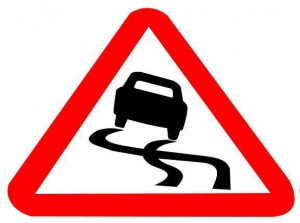Driving is an art that must be carefully mastered before anyone gets behind the wheel. The art of driving is further positively influenced by the state of the mind.
This theory implies that no matter how skilled you are as a driver, there is a tendency for you to make mistakes if you are not mentally stable.
The concept of mental stability has to do with the state of the mind at a certain period. It involves the absence of underlying mental health problems. Someone who has been certified to be mentally stable would not contribute to the driving-related accidents caused on the road.
The first danger that mentally unstable drivers pose is to themselves. The reason for this is because, they can get themselves involved in a car crash without the involvement of anyone else on the road. In the process, some of these drivers lose their lives.
If they are lucky to narrowly escape with their lives, you will discover that serious injuries would be inflicted.
Also, another danger that mentally unstable drivers pose is danger to other individuals on the road.
The reason for this possibility is hinged on the fact that, it is hard for us to know those who are not mentally stable on the road. Hence, someone who is driving innocently could be a victim of an accident caused by someone that is mentally unstable.

This danger also extends to pedestrians on the road. There have been a good number of cases where cars would knock down people on the road. Now, it would interest you to know that in some cases, these people would be walking carefully and they would get knocked down.
People who are not mentally stable are advised to reach out to mental health counselors who would assist them. For the time being, it is best that they do not get behind the wheels and drive so that they do not endanger their lives and others.







